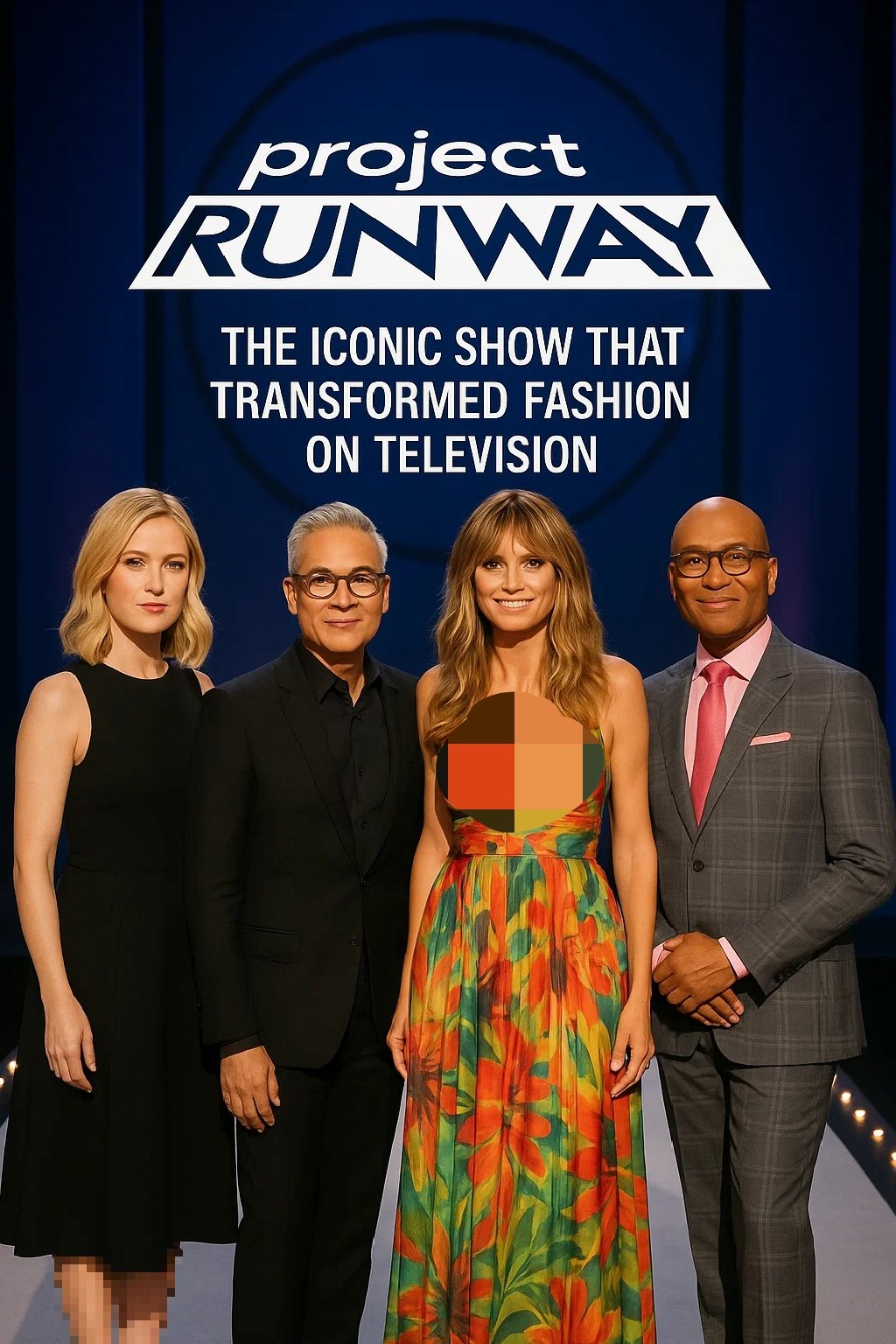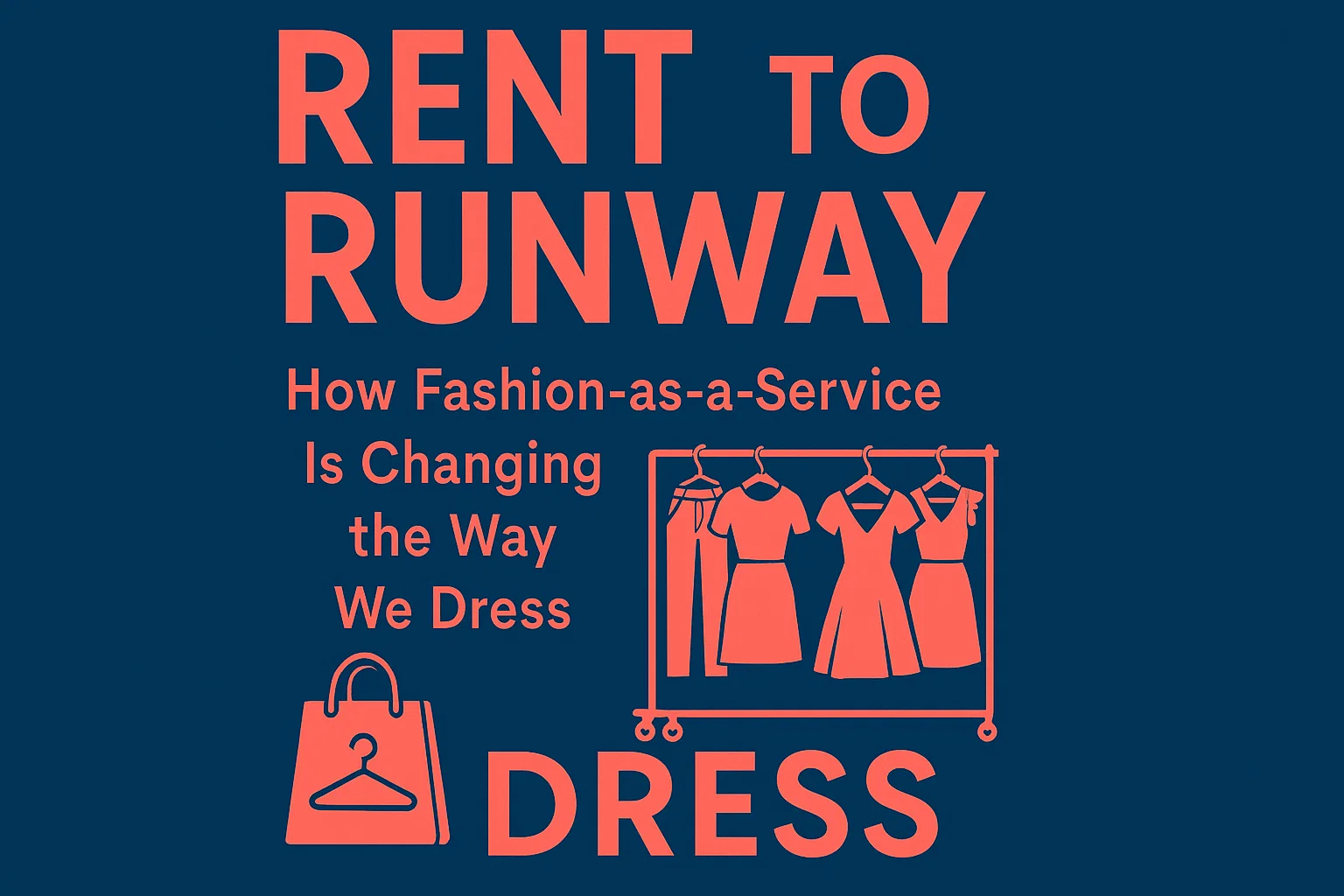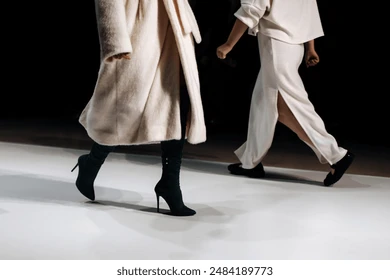Since its debut in 2004, Project Runway has become one of the most influential and beloved reality TV shows in the world of fashion. Combining creativity, competition, and drama, the show has offered a rare, behind-the-scenes look at the fast-paced world of fashion design. It has not only launched the careers of countless designers but also helped make fashion more accessible and entertaining for global audiences.
With over 20 seasons and multiple spin-offs, Project Runway is more than a show—it’s a platform that has redefined how fashion is seen and celebrated on screen. This article explores the origins, format, impact, and legacy of Project Runway and why it remains such a vital part of popular culture.
The Birth of Project Runway
Project Runway was created by Eli Holzman and first aired on Bravo in December 2004. The show was produced by Miramax Television and The Weinstein Company and originally hosted by supermodel Heidi Klum, with fashion mentor Tim Gunn and judges Michael Kors and Nina Garcia.
The concept was simple but powerful: aspiring fashion designers would compete in weekly challenges, creating garments under tight deadlines and specific themes. Each episode would end with a runway show, where judges critiqued the designs, selected a winner, and eliminated one contestant.
The catchphrase “You’re in or you’re out,” delivered by Heidi Klum, quickly became part of pop culture.
How the Show Works
Each season of Project Runway features between 12 to 16 designers competing for a grand prize. The format includes:
- Weekly Design Challenges: From unconventional materials (like car parts or candy) to red carpet gowns, designers must create original looks within strict time limits.
- Mentorship: Designers get guidance and feedback from a mentor—originally Tim Gunn, and later Christian Siriano.
- Runway Judging: Finished designs are presented in a fashion show and judged on creativity, construction, and interpretation of the challenge.
- Eliminations: One designer is eliminated each week, leading to a final group who compete in New York Fashion Week.
The winner usually receives:
- A cash prize (ranging from $100,000 to $250,000)
- A feature in a major fashion magazine
- A mentorship or business support package
- The opportunity to launch their own fashion line
Iconic Hosts and Judges
The success of Project Runway is largely due to its charismatic and knowledgeable cast:
- Heidi Klum: As host and judge, Klum brought star power and credibility, guiding the show through its first 16 seasons.
- Tim Gunn: With his catchphrase “Make it work,” Gunn became a mentor figure beloved by fans for his thoughtful critiques and emotional support.
- Michael Kors: The renowned designer provided sharp and witty commentary, often highlighting commercial viability.
- Nina Garcia: As an editor at Elle and later Marie Claire, Garcia offered a polished editorial perspective.
After Season 16, Klum and Gunn left the show to create Making the Cut on Amazon Prime, and Christian Siriano, one of Project Runway’s most successful winners, stepped in as the new mentor.
Project Runway Winners: Where Are They Now?
Many Project Runway winners have gone on to have successful careers in fashion. Some of the most notable include:
- Christian Siriano (Season 4): Arguably the most famous alum, Siriano built a thriving fashion label dressing celebrities like Billy Porter, Lizzo, and Michelle Obama.
- Chloe Dao (Season 2): Opened a boutique in Houston and became a successful business owner.
- Leanne Marshall (Season 5): Known for her dreamy, flowing gowns, she launched a bridal line worn by brides worldwide.
- Sebastian Grey (Season 17): Combined modern tailoring with romantic aesthetics and continued growing his brand.
Even non-winners like Austin Scarlett, Mondo Guerra, and Santino Rice gained major followings and built successful careers post-show.
Impact on the Fashion Industry
Before Project Runway, fashion design was often seen as mysterious or exclusive. The show helped demystify the process, revealing the work, pressure, and emotion behind every garment.
Some key contributions include:
- Inspiring New Designers: Many young people chose to study fashion after watching the show.
- Increasing Diversity: Project Runway showcased a wide range of talent in terms of age, race, gender identity, and design aesthetic.
- Popularizing Fashion TV: It paved the way for other fashion-based shows, including Next in Fashion, Making the Cut, and America’s Next Top Model.
- Encouraging Sustainable Fashion: Challenges often involved upcycling or using unconventional materials, promoting eco-conscious creativity.
A Cultural Phenomenon
Beyond fashion, Project Runway became a cultural landmark. Quotes like “Make it work” and “One day you’re in, the next you’re out” became catchphrases. The show’s balance of drama, artistry, and personal growth made it a favorite among not just fashion fans, but mainstream TV audiences.
It also provided a space where designers shared personal stories—about their backgrounds, identities, and dreams—making the series emotionally resonant and socially significant.
The Show’s Evolution
Over the years, Project Runway has undergone changes in networks (moving from Bravo to Lifetime and back), cast updates, and format tweaks. But its core spirit remains: celebrating creativity, resilience, and originality in fashion.
The latest seasons have embraced more diversity and innovation, and with hosts like Karlie Kloss and mentors like Siriano, it continues to inspire a new generation of designers.
Final Thoughts
Project Runway is more than a competition—it’s a celebration of fashion as art, as business, and as personal expression. Its enduring success shows that there’s always a hunger for creative storytelling, for transformation under pressure, and for the beauty that comes from hard work and vision.
Whether you’re a fashion student, an aspiring designer, or just someone who loves a good underdog story, Project Runway offers entertainment with heart and a lesson in the power of believing in your talent.









